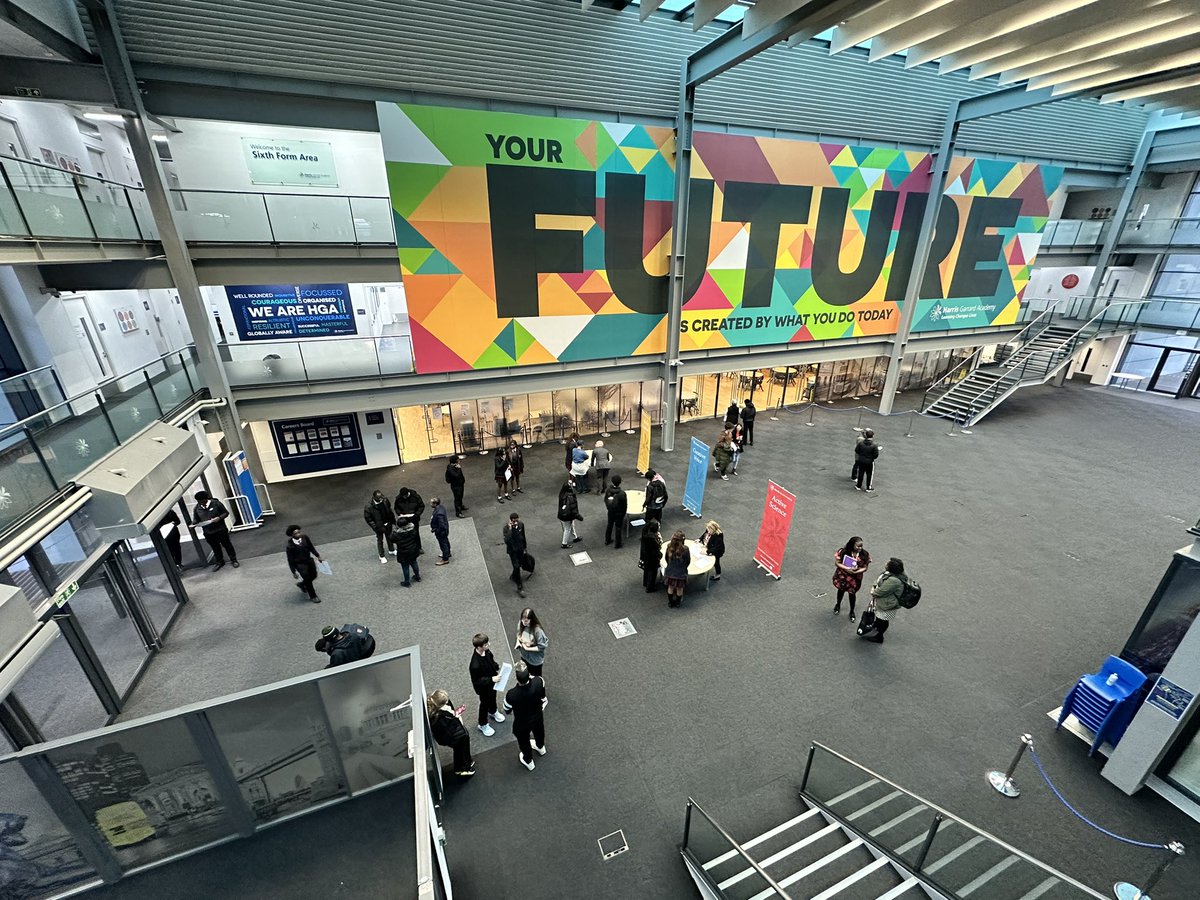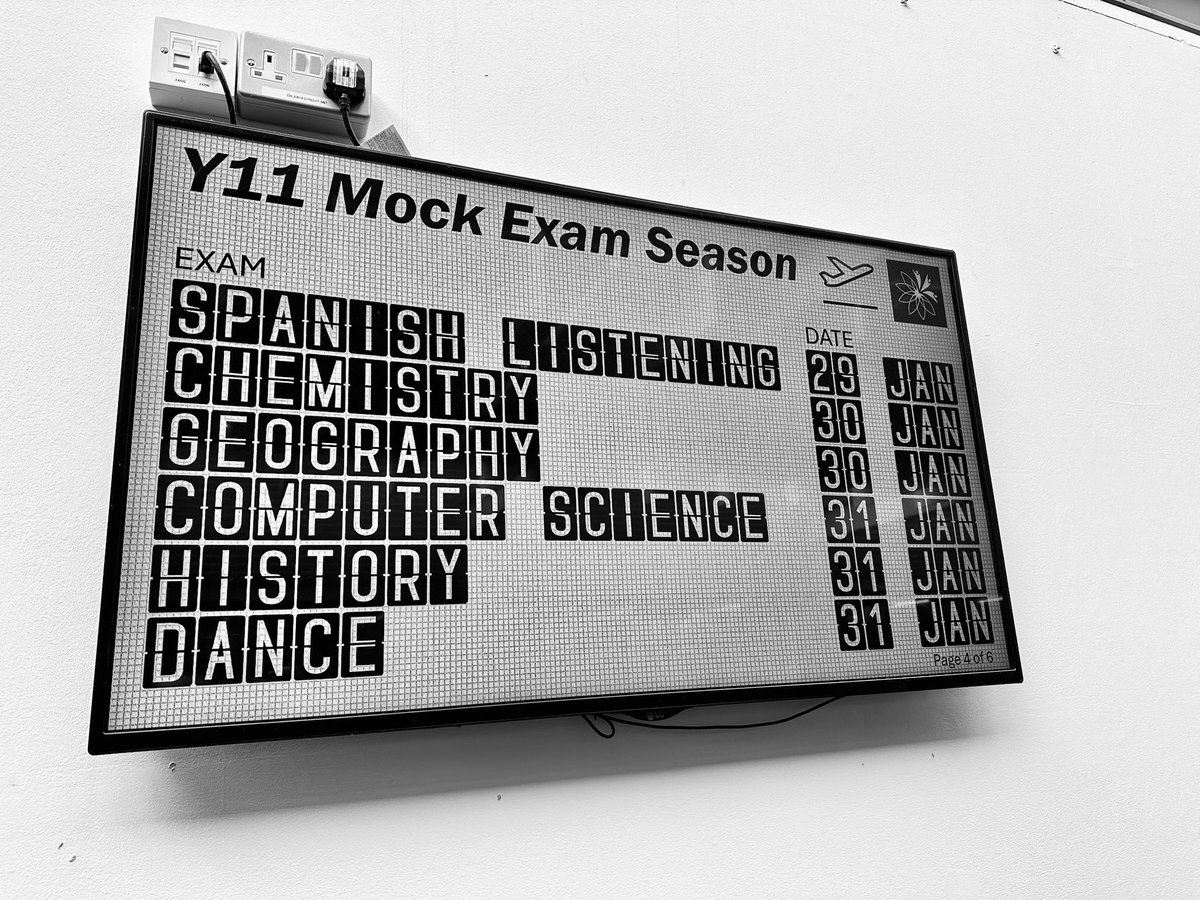Design & Technology
Harris Garrard Academy follows a three-year Key Stage 3 and two-year Key Stage 4 Design Technology curriculum. This gives the benefit of developing a curriculum with greater breadth.
We aim to direct students’ understanding through developing a range of practical skills, particularly at Key Stage 3. However, even at this stage we are concerned with the needs of the customer that allows the focus at Key Stage 4 to shift seamlessly to a customer service approach with real world applications.
Our students have access to a wide range of tools, processes, and applications to ensure that they experience a multitude of approaches to the subject. Success is achieved through the considered delivery of a range of skills, techniques, and processes to ensure progression is attained in the subject.
In the Primary phase, Food technology and Product Design are taught as part of Design Technology, which is a key subject within the Primary National Curriculum.
Key Stage 3 and Key Stage 4 schemes are specifically designed so that all abilities can access the curriculum and can make progress within the subject area. The department covers a variety of core skills so that students understand the demands of the GCSE they may choose in the future.
Year 7 is the foundation year that covers most of the range of the subject to a manageable depth. Year 8 is the development year that widens the range of materials and processes available, and Year 9 is the realisation year. In Key Stage 3 DT, students follow the broad variety of themes set out in the long-term plan.
You can download Knowledge Organisers for each year group from our Knowledge Organisers page.
For queries about the DT curriculum please contact Alwayne Hamilton a.hamilton@harrisgarrard.org.uk.
Further details of the curriculum can be found below.
Primary
Good buildings come from good people and all problems are solved by good design.’ Steven Gardiner
Design and technology is an innovative subject which allows pupils to develop transferable life skills that they will use as they develop through education and later in life. Through assessing, designing, making and evaluating, pupils are able to identify and address needs in a supported and controlled environment.
The programme of study for Design and Technology states that ‘Design and technology is an inspiring, rigorous and practical subject. Using creativity and imagination, pupils design and make products that solve real and relevant problems within a variety of contexts, considering their own and others’ needs, wants and values.’
Key objectives of intent within the Design Technology Curriculum based on the National Curriculum 2014 guidance:
- Products are to be made for a purpose.
- Individuality should be ensured in children’s design and construction of products.
- Delivery of the two strands: Designing and Making and Cooking and Nutrition.
- More emphasis to be given on creating ‘innovative’ products in KS2.
- Teaching the importance of making on-going changes and improvements during making stages.
- Looking into seasonality of ingredients and how they are grown, caught or reared.
- The introduction of computing and coding of products in KS2.
- Researching key events and individual designers in the History of Technologyâ¯in KS2.
Within Design and Technology, we facilitate pupils exploring the following areas:
- develop the creative, technical and practical expertise needed to perform everyday tasks confidently and to participate successfully in an increasingly technological world
- build and apply a repertoire of knowledge, understanding and skills in order to design and make high-quality prototypes and products for a wide range of users
- critique, evaluate and test their ideas and products and the work of others
- understand and apply the principles of nutrition and learn how to cook
Design and Technology enables pupils to use cross-curricular skills, particularly Maths, Science, Art and English. It is vital to provide pupils with opportunities to nurture creativity, and innovation through design and exploring the designed and made world where we live and work.
Miss D’Souza, Primary DT Lead
Year 7
By the end of Year 7, students will be confident users of basic workshop equipment. They will understand the importance of safe practice and know the reasons why we manage tools, machines, and equipment in a particular way.
Through hands-on experience students will have developed skills in smoothing and polishing acrylic, shaping it using heat and drilling successfully using a pillar drill. They will have seen demonstrated and then had the opportunity to use the Roland vinyl cutting machine, using CorelDraw at a basic level as an introduction to CAD/CAM. Students will have created a folder of their own explanation sheets detailing how to carry out all the above with an emphasis on safety. Students will have learned how to create a 1:1 card model in order to design with creativity, adapting their design to be more suitable for the intended function.Students will have experienced the relationship between a 3D model, its side elevation view, and the opened-out net. This is a learned higher-level skill that takes repeated exposure and practice to master. Some students will have completed an exercise where they project their personal one-off manufacturing experience onto a system for batch production using a small workforce. Questions that they will have grappled with include how to organise four other people over a day vis a vis Quality Control, incentives, and standardization. A short intensive programme of drawing techniques will have given students’ greater confidence in designing and presenting their ideas.
Year 8
By the end of Year 8, students will have explored the needs of a customer they chose for themselves. The resultant understanding will have stimulated a range of designs that fulfil the identified needs. The final design will have been drawn 1:1 scale and materials selected - primarily for their aesthetic qualities but with reference to structural needs. Students will have created a cutting list using a standard trade format. A step-by-step manufacturing process will have been considered and created.
Most students will have worked alongside the teacher to be introduced to the laser cutter if their chosen design required unusual and irregular shapes. All students will have observed and been made aware of the possibilities. Some students will have used a Hegner saw (table mounted jigsaw) to cut out their chosen shape. Where their design demands it, students will have used CAD/CAM, specifically CorelDraw and the Vinyl Cutter to shape numbers or words. In the workshop students will have designed and presented their lesson plan for each practical manufacturing session, evaluating their progress subsequently.Students who have a finished working project will have taken it home as soon as it is done. A short intensive programme of drawing techniques will have given students’ greater confidence in designing and furthered their skills in presenting them.
Year 9
By the end of Year 9, students will have had an introduction to the commercial growth and conversion of timber. They will be aware of the difference between hardwood and softwood and how this reflects on commercial value. They will have a basic understanding of how different woods have different properties and therefore practical uses.
In the workshop students will have learned how to mark out and shape wood accurately and to purpose, construct a carcase with clamps, sand, and finish with polish. Most will have learned how to use the laser cutter to engrave into the surface of their box, taking an active, role in preparing the DTP using CorelDraw.
A short intensive programme of drawing techniques will have given the students greater confidence in designing, prior to a GCSE type research and design problem to resolve: ‘Outdoor Living’. This experience will complete one of the goals of KS3 which is to give those who are thinking of pursuing the subject at KS4 a thorough understanding of the rigour and scope which the study demands.
Those students that do not continue to study Design Technology at GCSE will have become more knowledgeable consumers with a greater awareness of the relationship between the customer and the designer. This through working out a solution within the strictures and legal restrictions placed on designers and manufactures.
In Key Stage 4 DT we deliver the AQA GCSE course specification (8552). At Key Stage 4, there are six core technical principles that pupils need to understand in order to make effective design choices, these being:
- new and emerging technologies
- energy generation and storage
- developments in new materials
- systems approach to designing
- mechanical devices
- materials and their working properties
Throughout the course there are links to maths and science:
‘As outlined in the DfE subject content document, through their work in design and technology students must apply relevant knowledge, skills and understanding from key stage 3 and 4 courses in the sciences and maths. They should use the metric and International System of Units (SI) system but also be aware that some materials and components retain the use of Imperial units.’
Through the assessment of their knowledge and understanding of technical principles students must demonstrate an understanding of mathematical and scientific requirements. These mathematical skills and scientific knowledge should be applied in design and technology. (Taken from AQA Specification).
Year 10
By the end of Year 10, students will have been introduced to and completed the Seneca online program that both delivers and tests knowledge and understanding of the core principles covered in the AQA syllabus. Students will have undertaken a design activity that replicates some of the key AQA NEA process in preparation for their personal challenge. Students will have learned and practiced how to produce designs using Isometric Projection and Orthographic Projection. Rendering and marker pens will have been used for emphasis. Sources, properties and manufacturing methods in timber-based materials will have been covered to a good breadth and depth: those of paper & card, polymers and metals will have been researched and experienced - albeit to a lesser extent nonetheless sufficient to confer confidence in answering exam questions. Environmental and social issues from the point of view of both customer and designer will have been explored across the board, used as a common theme in all aspects of the subject.
Year 11
By the end of Year 11, students will have sat Mock exams from AQA issued papers in full GCSE exam conditions. Where these tests revealed shortfalls in understanding further remedial work will have been set and completed. Several shorter question papers will have been completed in class on a regular basis as part of the ‘Do Now’ activity. These will consist of questions from the full range of type and subject i.e., both extended written and multiple choice; knowledge based and analytical. Students will have completed a piece of coursework consisting of a design and make activity within the AQA deadline for the Non-Examined Assessment (NEA).
Careers
Design Technology GCSE is ideal preparation for AS Technology courses and a range of other post-16 Art, Design and Technology courses.
It is also good preparation for a number of careers such as but not limited to:
- Automotive engineering
- Civil engineering
- Building services
- Construction
- Electrical engineering
- Mechanical engineering
- Mechatronics
- Architectural technology
- Teaching
- Digital & multimedia design
- 3D design
- Communication design
- Interaction design
- Management / administration
- Spatial designer
Find out more about the careers programme at Harris Garrard Academy.





















